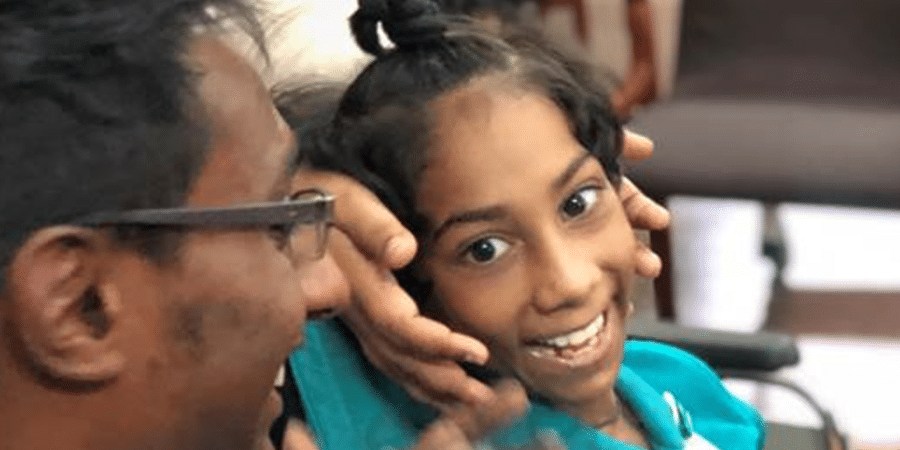
Do you have a child with CP and/or a child who doesn’t?
We are calling all typically developing children and children with CP to assist with a groundbreaking study aimed at improving cognitive assessments for children with cerebral palsy (CP).
This study, called CogTEST, is a pivotal step towards ensuring that all children, regardless of their physical abilities, can access accurate and fair cognitive evaluations.
Why CogTEST matters
Approximately 1 in 2 children with cerebral palsy have an intellectual impairment, yet less than 1 in 3 have ever undergone a cognitive assessment. Traditional cognitive assessment tools often require manual manipulation, verbal responses, or are timed, making it difficult for children with fine motor and speech impairments to complete the tasks accurately. This often leads to an underestimation of their true abilities.
CogTEST aims to show that these tools can be used with assistive technologies such as switch and eye-gaze control. By doing so, we hope to provide equal access to accurate cognitive assessments, which are essential for recognising a child’s strengths and enabling them to reach their full potential in the classroom and beyond.
Who can participate?
We are looking to recruit:
What does participation involve?
Timing: Sessions can be scheduled in and out of school hours or during holidays.
Compensation: Participating children will receive a $100 voucher and a volunteer certificate acknowledging hours of service. Parents will receive a research report outlining their child’s performance on the tasks.
How to get involved
If you know anyone who would be interested in participating, please contact the Chief Investigator, Dr. Petra Karlsson, at pkarlsson@cerebralpalsy.org.au.
By participating in this study, you will be contributing to important research that could transform how cognitive assessments are conducted for children with CP.
Your involvement will help us pave the way for fairer and more accurate evaluations, ultimately supporting all children in achieving their fullest potential.
Thank you for your support and participation in advancing this important research.